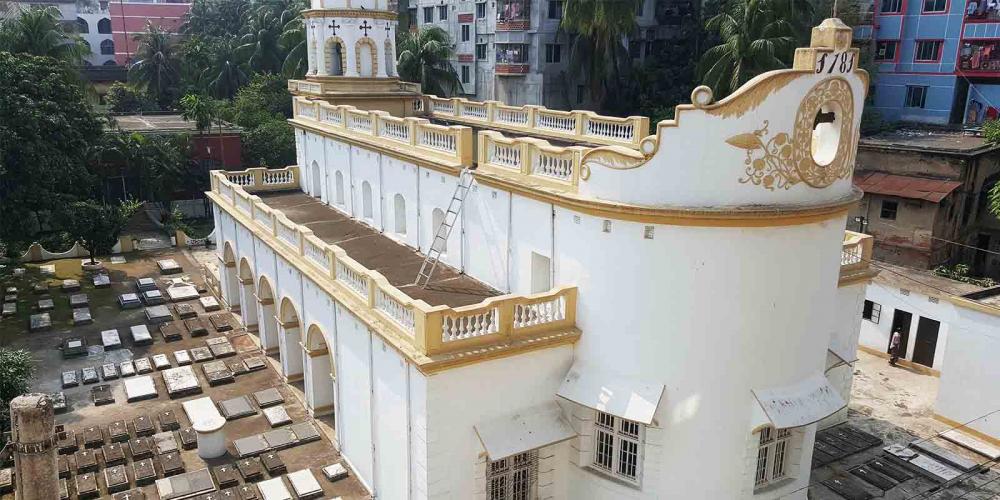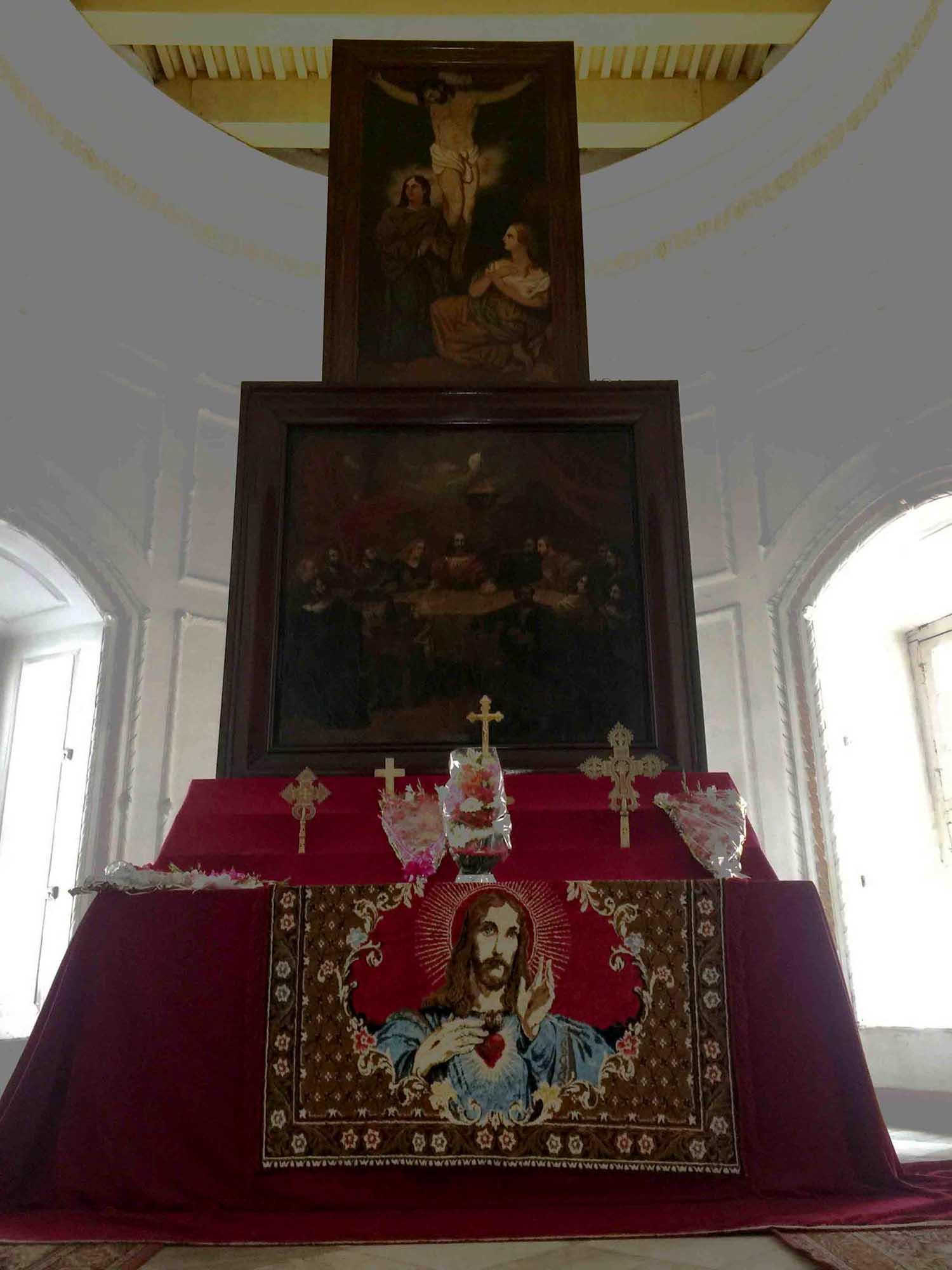
Armenian Church represents the significance of the Armenian community which was established in Armanitola. This place used to be a regular church for the community between the 17th to 18th centuries. After conquering Eastern Armenia, king of the Persians Shah Abbas left few of the Armenian traders to survive in Isfahan and New Julfa which was nearly 40000 people.
Afterward, the traders moved to Bengal following the Persians and grew a trading community in the late 17th century under the supervision of the Mughal government. Trading textile, jute, and lather were the things they developed to live thereby, where the place is also named after their community Armenian as Armanitola.
Armenian community in Bengal

Apart from Dhaka, signs of their presence are still available in other areas like Chinsura, Saidabad, Murshidabad, Calcutta where they built Armenian churches and several secular monuments. It is firmly believed that they were mostly Greek or Orthodox Church belongings. The community grew bigger in the 18th century.
There is a chapel you will find which is situated in the center of the community graveyard. It was the recreational zone for this community, but, in times, the expanded community didn’t bother that much about it. If you visit other areas where these Armenians lived, you will definitely find churches around that area.
Who contributed to building it

The church had been consecrated by his Grace Bishop Ephraim in its completion, 1781. But, this place wouldn’t have been the same without the support of a few great people. Before it was built, they had to survive through serving beside the Roman Catholic Church at Tejgaon.
Later on, one of the biggest heart persons, Agah Catchick Minas donated the land and the construction costs were handled by Michael Sarkies, Astwasatoor Gavork, Margar Pogose, and Khojah Petrus replaced the chapel to build The Holy Resurrection Church.
Arathoon Stephen from Calcutta

This church had received several donations and a belfry was established in 1837 from it. There used to be a clock tower that was destroyed by an earthquake, built on the west side of the church.
However, by the blessings of almighty, several generous merchants revived it through their contribution. One of them was Arathoon Stephen, who was mainly from Calcutta, built a parsonage and renovated the church’s floor with marble and electric lights.
The architecture of the Armenian church

You will find it extraordinary to observe an architect like this rectangular shaped, the Armenian church. It consists of four doors and 27 windows, including an arched gate and arched door. A spiral staircase is used inside the church.
A pulpit surrounded by railings, two folding doors, and a seating area for women and children is the three major sections of the church’s floor. Another part to be observed is the old graveyard where a statue(bought from Kolkata) is erected at the grave of Catachik Avatik Thomas.
Who is taking care of it?

When you will visit this church, you will find the last person of the Armenian community named Mikel Housep Martirossian (Micheal Joseph Martin)who was also involved in the jute trade... He is still there and taking care of it as much as he can.
These days it has become an archaeological site for the department of architecture who takes care of it mostly as it has received recognition from the government. Moreover, it has been broadcasted in the AFP documentaries and has also taken BBC’s attention.
Check out our Full-day Tour At Old Dhaka to see the signs of the Armenian colony at Dhaka back in the 17th Century.
Full-Day Tour At Sonargoan (Old Capital)
National Parliament Building Tour
Tour To Old Dhaka and Sonargoan
Excursion to ManikGanj Baliati palace